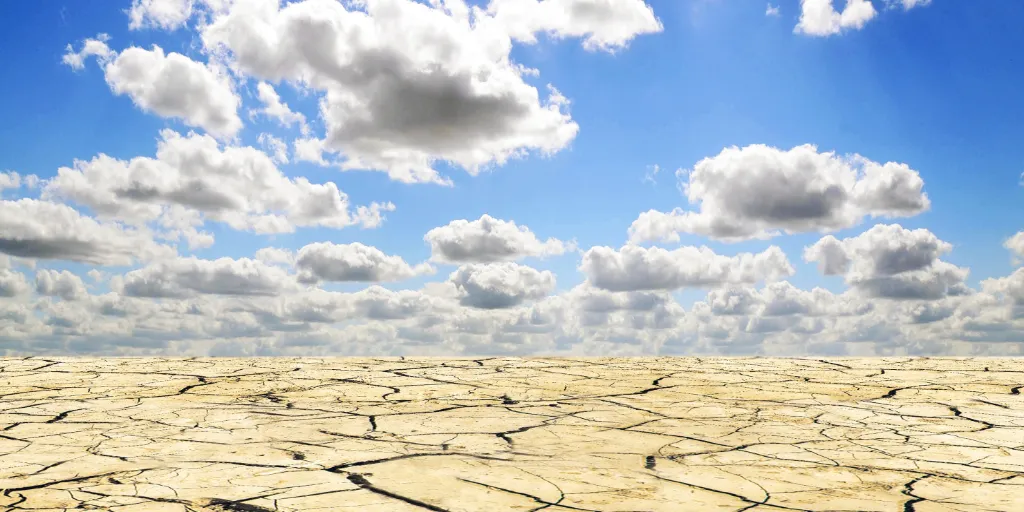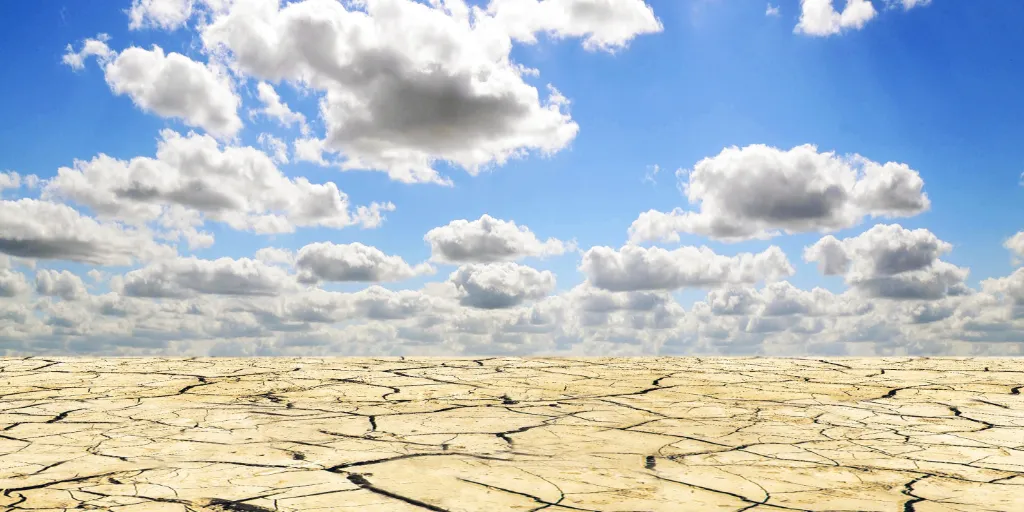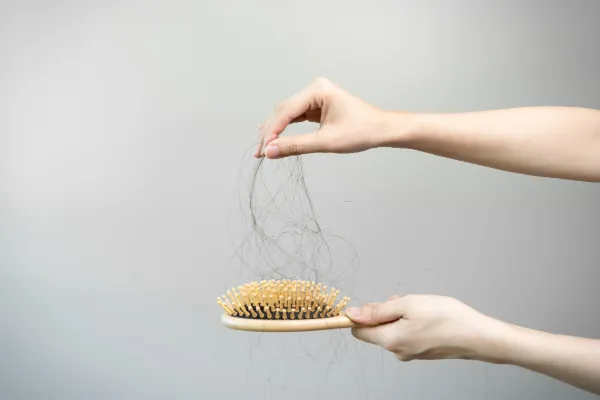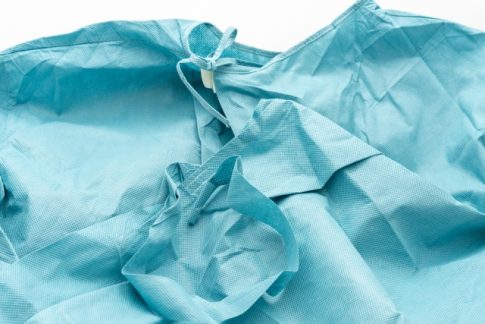この記事の概要
For men suffering from thinning hair, hair transplantation is one effective solution. However, not much is known about the impact of climate change and environmental stress on hair health and hair transplant success. This article details the effects of climate change on the scalp and hair and the measures that can be taken to ensure a successful hair transplant.

Climate change and hair health
Climate change manifests itself in many ways, including rising global temperatures, extreme weather events, environmental pollution, etc. These environmental changes can also affect the health of your hair.
Changes in temperature and humidity
Hot and humid environments can stimulate the sweat and sebaceous glands in your scalp, causing excess sebum production and scalp eczema. Dry weather, on the other hand, can dry out your scalp, causing dandruff and itching. These scalp problems can negatively affect hair growth and accelerate hair thinning .
Air pollution
Air pollution caused by industrial emissions and automobile exhaust fumes is serious in urban areas. When air pollutants get on the scalp, they clog the pores and cause inflammation and infections. This is one of the factors that impair hair health and promote hair loss.
UV rays
As the ozone layer depletes due to climate change, the amount of ultraviolet light reaching the earth’s surface increases. UV rays destroy the hair cuticle, dry out the hair, and cause breakage and split ends. They can also directly affect the scalp, causing inflammation.
The relationship between environmental stress and hair transplantation

When undergoing hair transplant surgery, it is important to consider the impact that environmental stress can have on the success of the surgery and your recovery. Below are some specific effects that environmental stress can have on hair transplants and what you can do to prevent them.
Recovery period after hair transplant
After hair transplant surgery, your scalp will be in a very delicate state. During this period, exposure to high temperatures, humidity, dryness, and pollutants can slow recovery and increase the risk of infection. After surgery, it is recommended to stay in a clean and stable environment as much as possible.
Scalp protection
To protect your scalp from ultraviolet rays and air pollution, it is effective to wear a hat when going outside and use sprays or creams with UV protection. Immediately after hair transplantation , your scalp is particularly sensitive, so adequate protection is necessary.
Nutrition and hydration
A balanced diet and adequate hydration are important to protect your hair and scalp from environmental stressors. Nutrients such as vitamins A, C, E, zinc and omega-3 fatty acids help maintain hair health.
Stress Management
Stress associated with climate change and environmental issues can also affect the health of your hair. Stress can disrupt hormone balance and lead to hair loss. Reduce stress by taking part in moderate exercise, relaxation or enjoying a hobby.
summary
Climate change and environmental stress can have a significant impact on hair health and the success of hair transplants . If you are considering a hair transplant , it is important to understand the effects of climate change on the scalp and take appropriate measures. Living in a clean and stable environment, protecting the scalp, eating a nutritionally balanced diet, and managing stress can all help increase the success rate of hair transplants and give you healthy hair.
When considering hair transplantation as a solution to thinning hair, it is important to take a holistic approach that considers environmental stresses. This will help you achieve better results. Come visit us at Hiro Clinic.








